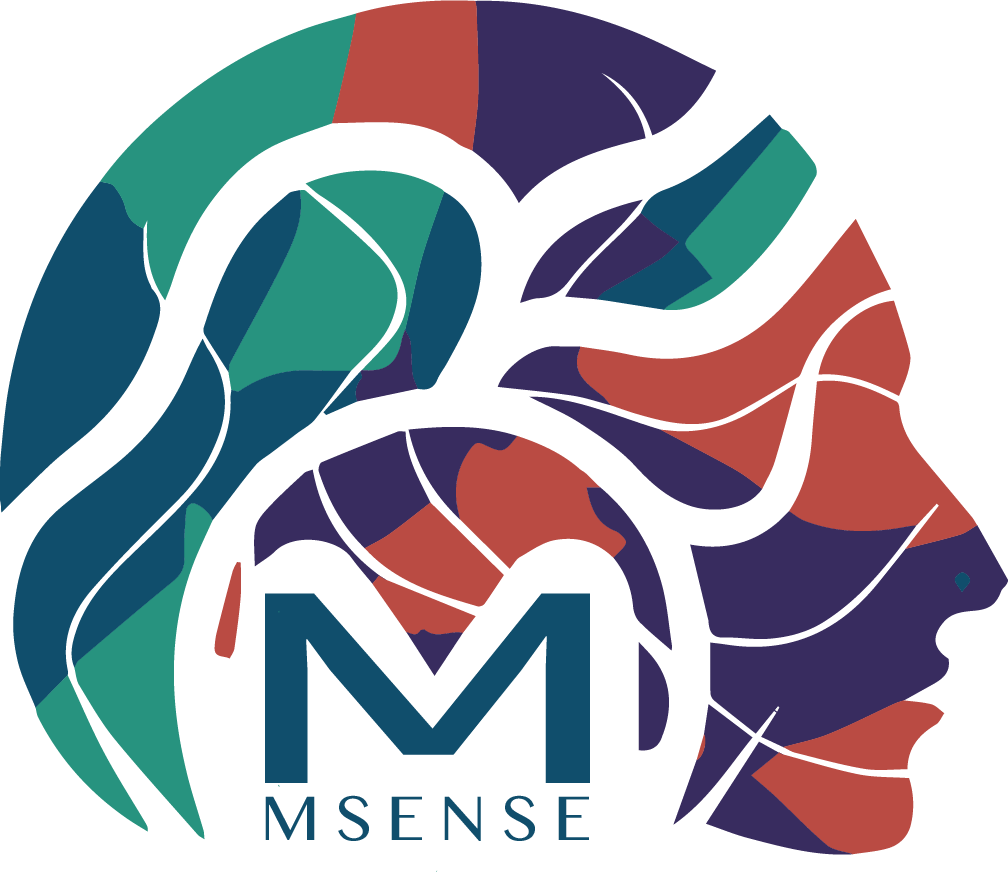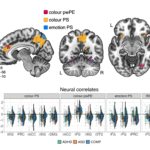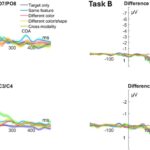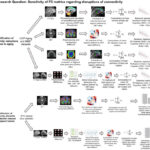Our brain tends to let past experiences influence how we perceive new ones. For example, if you previously watched a movie for about two hours, you might expect the next film to last that long, too. This is known as sequential dependence. However, how different tasks (watching or talking) affect sequential dependence is limited. Dr. Si Cheng and colleagues from our lab started to investigate this using a random-dot kinematogram (RDK) in a post-cue paradigm. Participants had to remember both the duration and the direction of the RDK movement and perform the task based on a post-cue. We found a significant sequential bias: durations were perceived longer following longer previous duration, and vice versa. Intriguingly, the sequential effect was enhanced in the reproduction task following the same reproduction, but did not show significant variation by the task type in the bisection task. These findings suggest that the differential impacts of task types on sequential dependence lies in the involvement of memory reactivation process in the decision stage.

The study has recently been published in Psychological Research. The original study can be found here:
Cheng, S., Chen, S., Yang, X., & Shi, Z. (2024). The impact of task measurements on sequential dependence: a comparison between temporal reproduction and discrimination tasks. Psychological Research, 1–14. https://doi.org/10.1007/s00426-024-02023-x (readcube)





